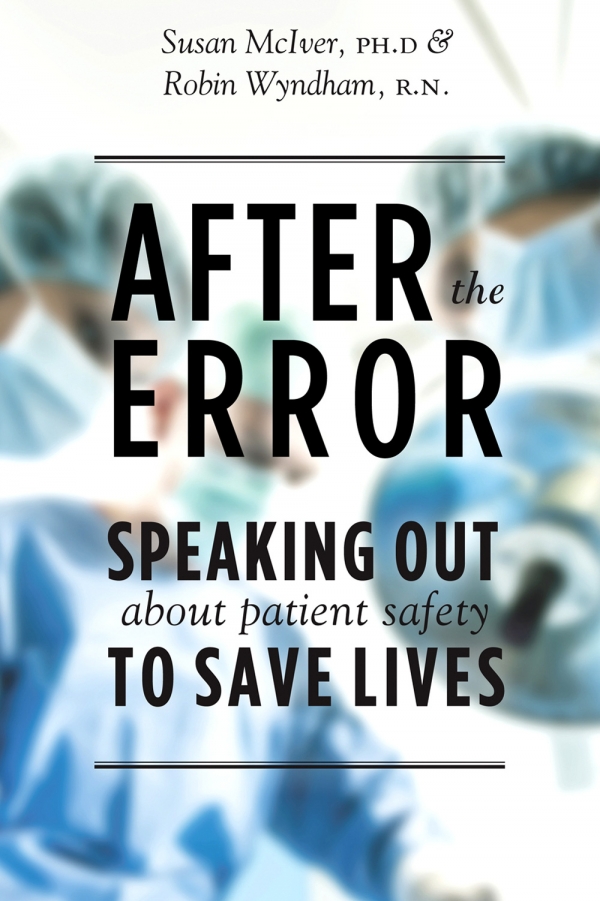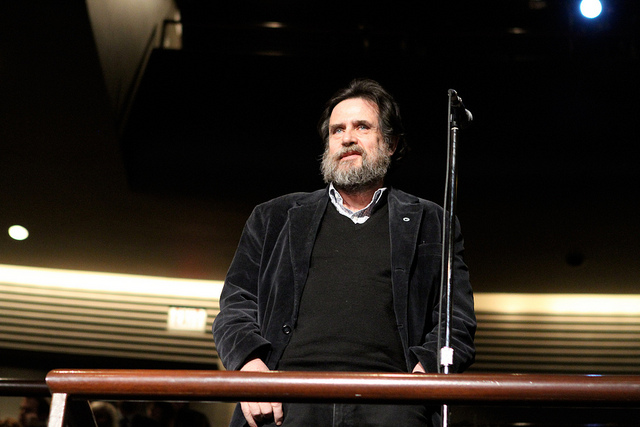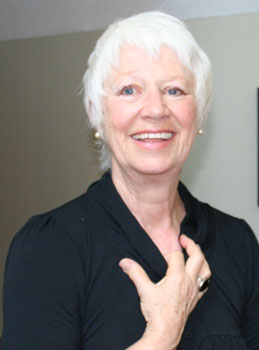CBC: Rate your Hospital: Online Tool a 1st for Canadians

Five aspects of hospital care covered in CBC's patient feedback tool.

Five aspects of hospital care covered in CBC's patient feedback tool.

Charlie Smith -- Working as a B.C. coroner for 10 years, from 1993 to 2003, Susan McIver became well-acquainted with death. Over the phone from her home in Summerland, McIver emphasizes to the Straight that coroners don’t find fault—they merely report the facts. But that doesn’t mean they aren’t troubled by some of their grisly discoveries. “I saw things happen that shouldn’t happen,†she concedes... Read the full article here.

Yesterday, the first ever meeting of Patient and Family Advisers (PFAs) was held at Holland Bloorview Kids Rehabilitation Hospital in Toronto. Patient and Family Advisers from Thunder Bay to Halifax were there to get to know each other and work on issues that they felt strongly about. Everyone there wanted to build a strong national network of advisers in order to bring a helpful patient and family voice to healthcare.

Modern health care systems emerged in the late 19th Century from the ascendance of scientific medicine. The major killers at the time of Robert Koch and Louis Pasteur were infectious diseases such as anthrax, tuberculosis and typhoid fever.
Find the full article here.

Andrew Weil -- "... How can we improve medical care so that it's worth extending it to more people? In other words, how can we create a health care system that helps people become and stay healthy? I have argued for years that we do not have a health care system in America. We have a disease-management system."
Read the full article here.

Here's another edition of our most interesting reads of the week! Join us on Twitter @PatientsAssocCa or on Facebook to receive more frequent updates.

CTV -- "... In the medical world, a patient’s ability to understand medical language is called “health literacy†and most of us are pretty low in it. In fact, the U.S. Centers for Disease Control and Prevention estimates that nearly nine out of 10 adults have difficulty handling medical information, advice and health product labels."

At the February 25th Patients' Association Open Meeting, renowned Art Therapist Linda Nicholas facilitated a workshop on telling the patient experience through graphic expression. For those unfamiliar with art as a therapeutic technique, the method is generally understood in two ways: to treat the art-making process as therapeutic in itself, or by using art to facilitate the transference process between the therapist and the client making art (more on this here).